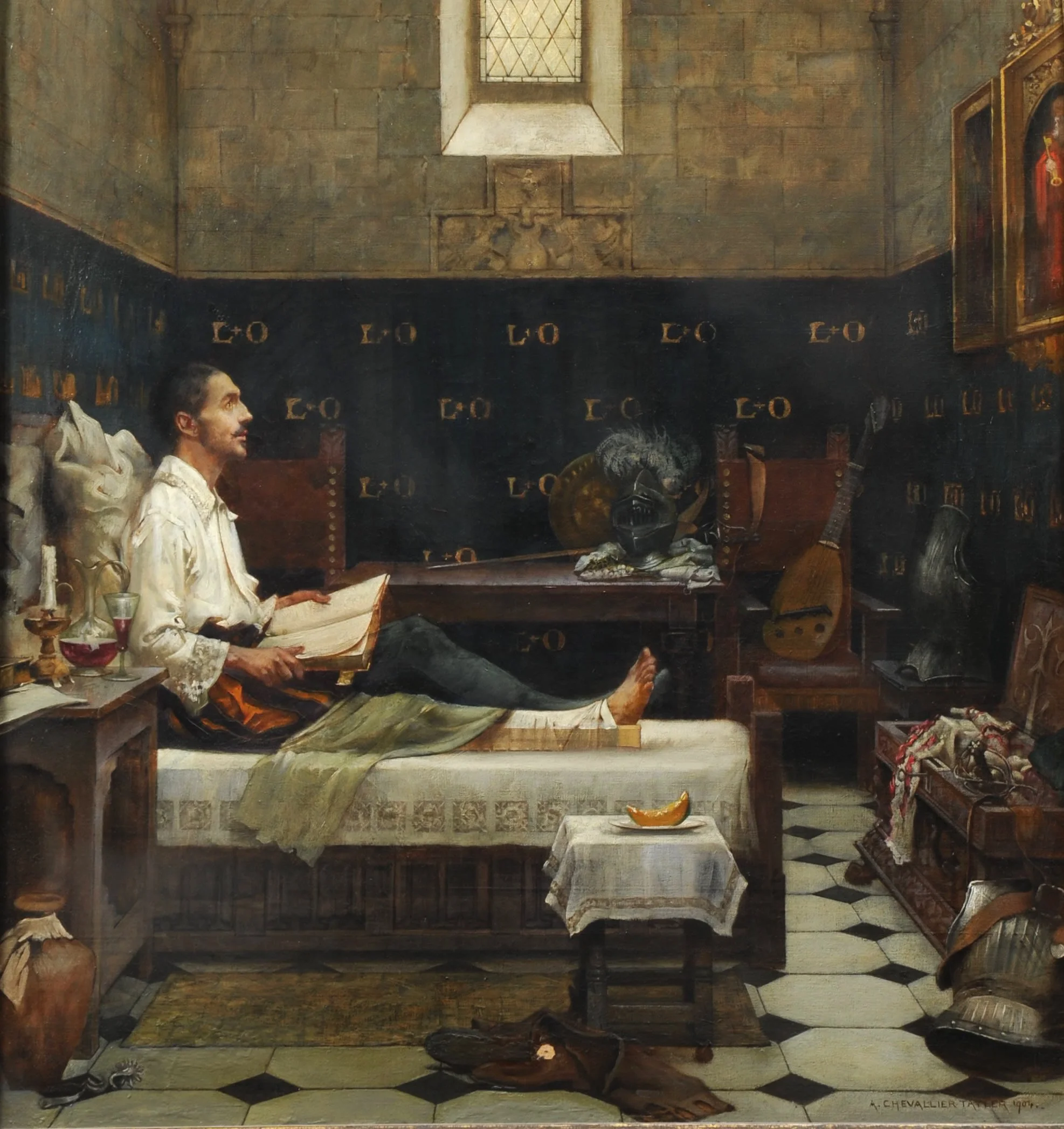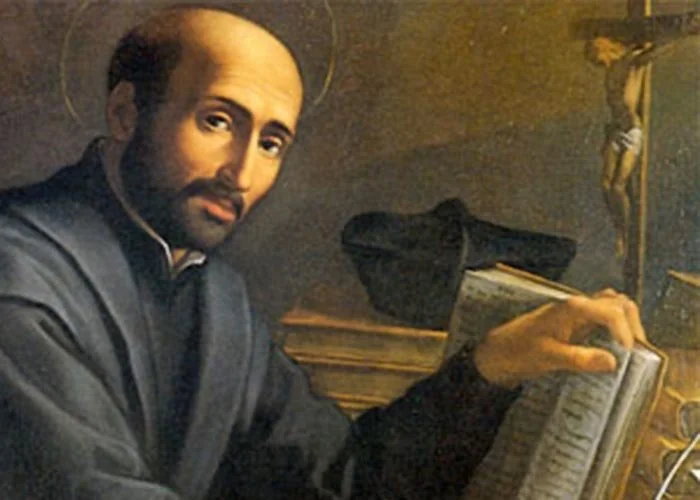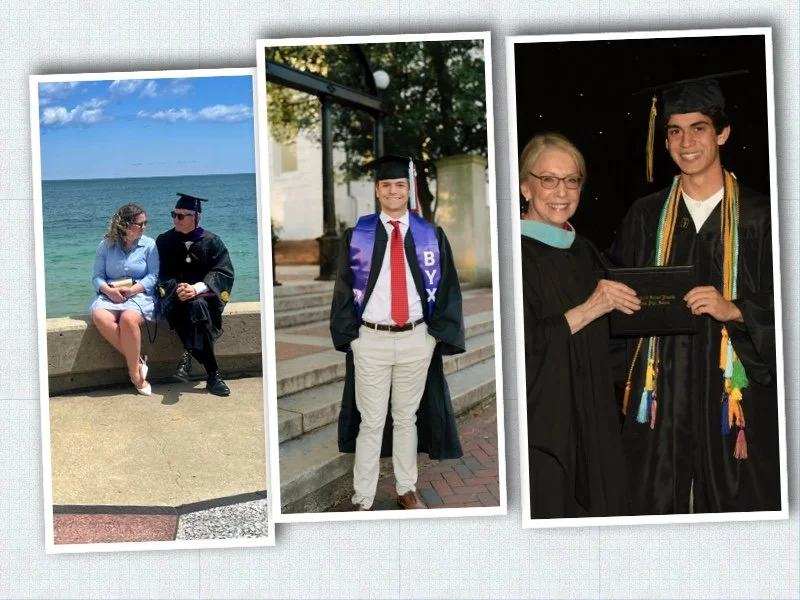Ignatian Discernment, Peace of God
Guest Writer Lowell Grisham
We recently observed the Feast Day of St. Ignatius on July 31.
Loyola Jesuit Institute
No one has done more work on the discipline of discernment than the Jesuits, the monastic descendants of Ignatius of Loyola. Although I can’t recall who taught it to me, for many years, I’ve used an Ignatian discernment method from time to time when I’ve faced a choice between two options. Here’s the way someone gave it to me:
wwwjuesiuteast.org
In a battle in the early 1500s, Ignatius was seriously wounded. (I believe an artillery shell shattered his leg.) He spent months of painful convalescence. However, he found that his pain was sometimes relieved when he went into periods of active imagination.
He imagined his life when he was healed and released from the hospital. He made up stories about his future life, using all his senses to place himself in the future. He created scenes from his imagined future and experienced them vividly—with sight, sound, touch, taste, and smell—thinking and feeling what his alternative life might be.
Whenever Ignatius was actively imagining, his pain decreased, and the time seemed to pass more quickly. He discovered that his imagination gravitated toward two narratives. In one narrative, he would experience becoming a great, chivalrous knight, doing valiant deeds of courage, and winning the hand of a noble maiden. In the other narrative, he would experience becoming a knight for Christ, boldly taking the gospel into the most remote, challenging, or needed places.
While in active imagination, Ignatius experienced relief with either narrative. But he noticed a significant difference in where his spirit went afterward, when he was just taking care of business in a normal state of consciousness.
He noticed in the hours following his narratives about becoming a noble warrior knight that he experienced a sense of turbulence, discomfort, and even desolation. But he became aware in the hours following his imagining of becoming a knight for Christ that he experienced a sense of consolation, harmony, and peace.
Ignatius interpreted the sense of peace as the presence of God, drawing him into God’s will for him and helping him discern the direction of his future. So, he embraced the vision of that second narrative and became a noble knight for Christ, seeking to undertake his most outstanding service possible to the Church and the world.
The presence of peace is a sign of God’s will. In the chaos and storm of a decision, I sometimes use a form of Ignatian discernment practice when there are two potential options or directions. First, I’ll set the two options before me. Then, one day, I will spend some time actively imagining myself living in the first option, using all five senses to create scenes from that future possibility.
Then, I will go about my regular daily activity, but I’ll keep a bit of attention directed to notice where my spirit goes. Another day, I’ll spend time in active imagination, living with the other option. Then, I will pay attention to my spirit, mood, and intuition during my daily ordinary work. What after-effect is there following each separate scenario?
If I sense some form of consolation and peace in the ordinary time following active imagination with one narrative, and if I perceive turbulence in the ordinary time following imagination with the other narrative, I’ll accept that as a sign of God’s will. The presence of peace is the key.
Where does the peace of Christ lead us, especially when our boat seems tossed and we’ve lost control of our direction? A sense of peace can give direction toward God’s will for us and for the maximum exercise of our creativity, courage, freedom, and service. Sometimes, a little active imagination can lead us toward discernment.
Lowell Grisham
I use this in my life to discern directions for ministry and offer it to others discerning a path on this journey. It was loaned to me by Lowell Grisham, retired Rector of St. Paul’s Episcopal Church, Fayetteville, Arkansas.
Joanna https://www.joannaseibert.com/








